By Dr Emma Knight
My partner served in the WA Police for many years, so I know firsthand that not every hero wears a cape. Our police officers, firefighters, and paramedics or ambulance crew are on the frontline every day, facing various hazards while protecting and serving the community. Among these hazards, one often overlooked is the risk to their skin health. Whether it’s the exposure to harsh weather conditions, intense heat, or the sun’s UV rays, maintaining skin health is crucial for these everyday heroes.
Here’s a look at why your skin health matters and how you can protect yourself.
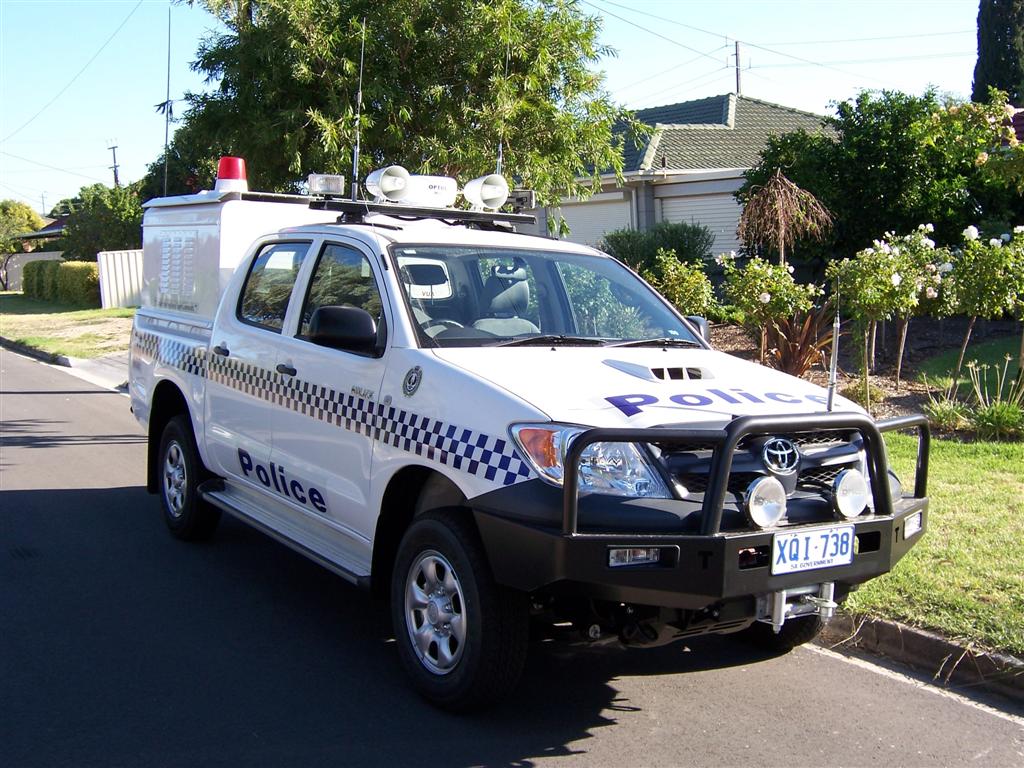
The Hidden Dangers
Sun Exposure:
Police officers, paramedics and firefighters often spend long hours outdoors, putting them at a higher risk for skin damage due to UV radiation. This exposure can lead to premature ageing, sunburn, and an increased risk of skin cancer.
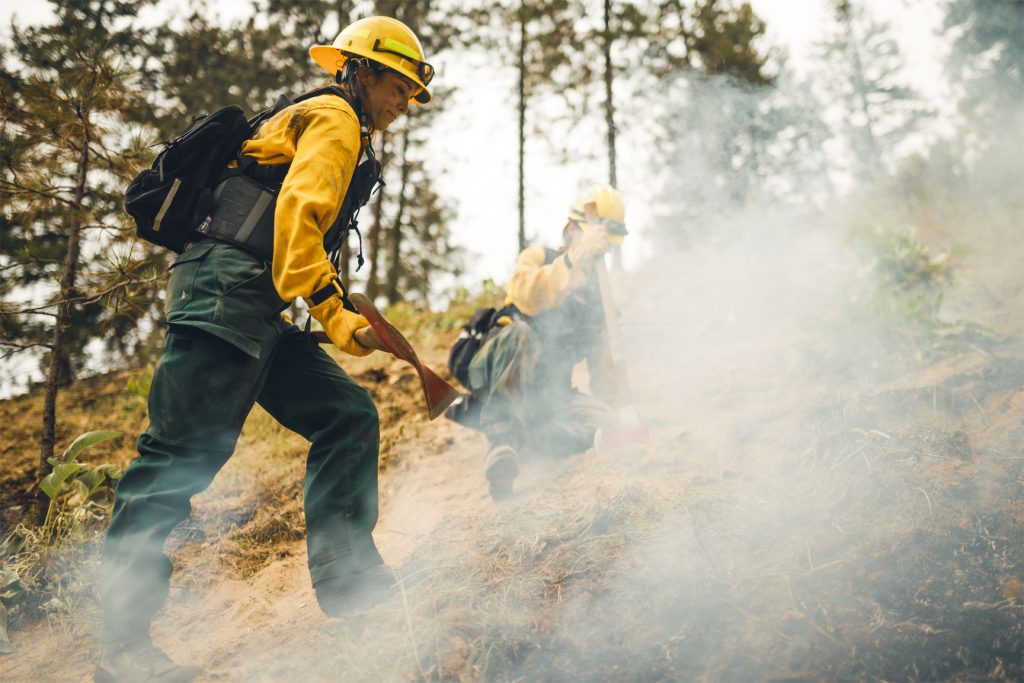
Heat and Flames:
Firefighters face extreme heat and flames, which can cause burns and other skin injuries. Prolonged exposure to high temperatures can also lead to conditions like heat rash or heat exhaustion.
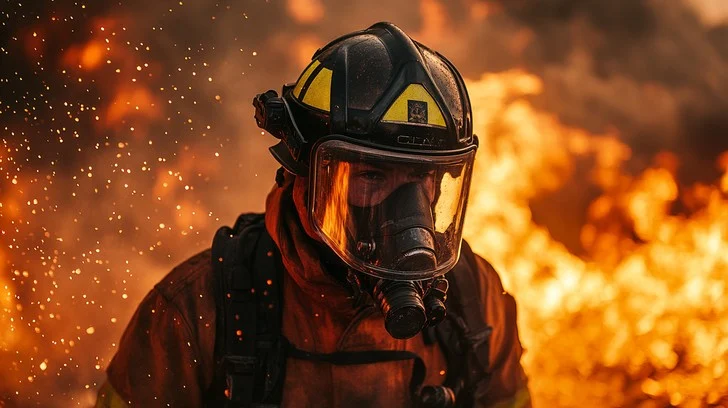
Chemical Exposure:
All three professions can encounter hazardous chemicals. Firefighters might deal with toxic smoke and chemicals during fires, while police officers and paramedics might come into contact with various substances during emergencies.
Protecting Your Skin
Use Sunscreen:
Sunscreen should be a daily essential. Choose a broad-spectrum sunscreen with at least SPF 30, and reapply every two hours, especially when outdoors for extended periods.
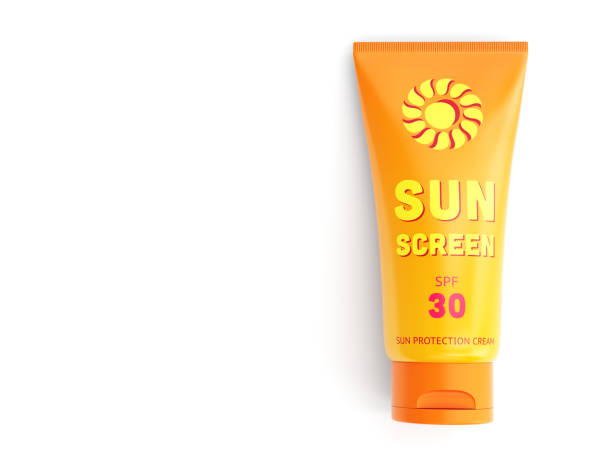
Protective Clothing:
Wearing long sleeves, hats, and sunglasses can provide additional protection against the sun. Firefighters should ensure their protective gear is in good condition to prevent burns and other injuries.
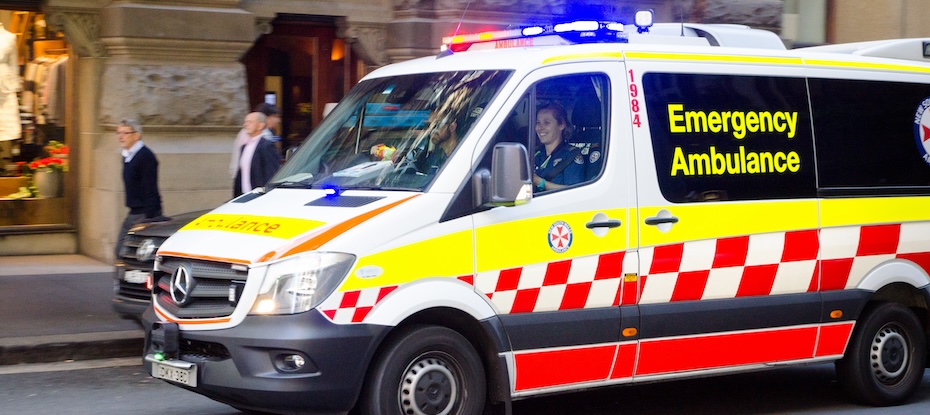
Stay Hydrated:
Hydration is key to maintaining your skin health, especially in high-heat environments. Drinking plenty of water helps to keep your skin hydrated and resilient.
Cleanse and Moisturize:
Regular cleansing helps remove harmful substances from the skin. Follow up with a moisturiser to maintain the skin’s barrier function, preventing dryness and irritation.
First Aid for Skin Injuries:
Always carry a basic first aid kit. Clean any cuts or abrasions promptly and apply an antibiotic ointment to prevent infection. Seek medical attention for more serious injuries.
Regular Skin Checks:
Regular skin checks, looking for any new or changing moles or spots is essential. Early detection is critical for skin cancer treatment. Don’t hesitate to consult us for professional skin checks.
Support and Resources
Ensuring the health and well-being of our first responders is a community responsibility. Employers should provide access to skin health education, protective gear, and regular health screenings. Organizations like the WA Skin Cancer Centre offer valuable resources and support for maintaining skin health.
If you are a member of our Emergency Services and are thinking about a skin check, let us care for you, as you do for us every day. Please book an appointment with the WA Skin Cancer Centre.
Book your skin check with us today!
About the Author

Dr Emma Knight
BSc, MBChB, FRACGP
Dr Knight is a highly skilled and dedicated medical professional with a special interest in skin cancer prevention, detection, and treatment. With extensive experience in dermatology and general practice, she is passionate about educating patients on the importance of early detection and providing comprehensive care. Dr Knight is committed to raising awareness about skin health and delivering the highest standard of care to her patients.